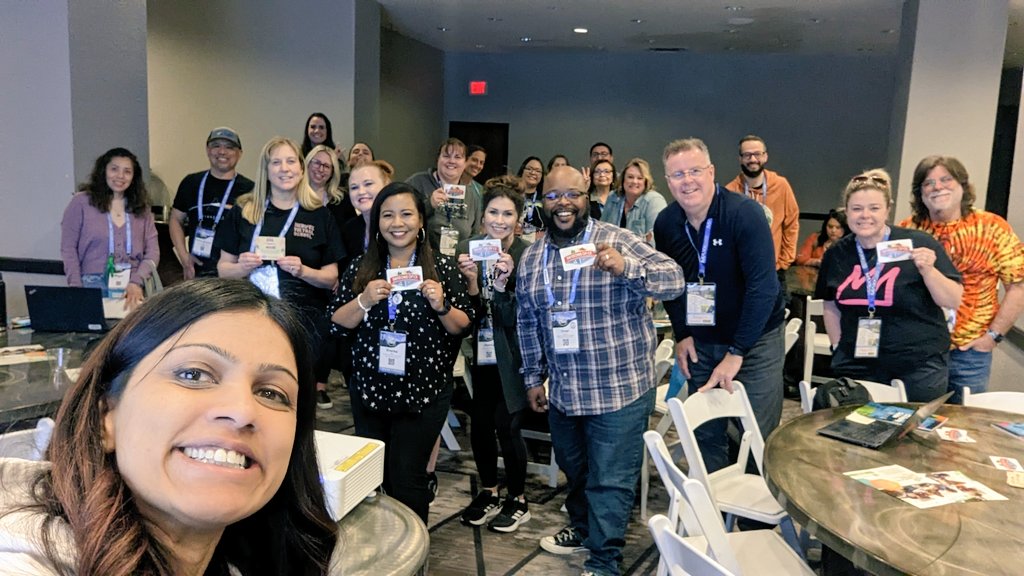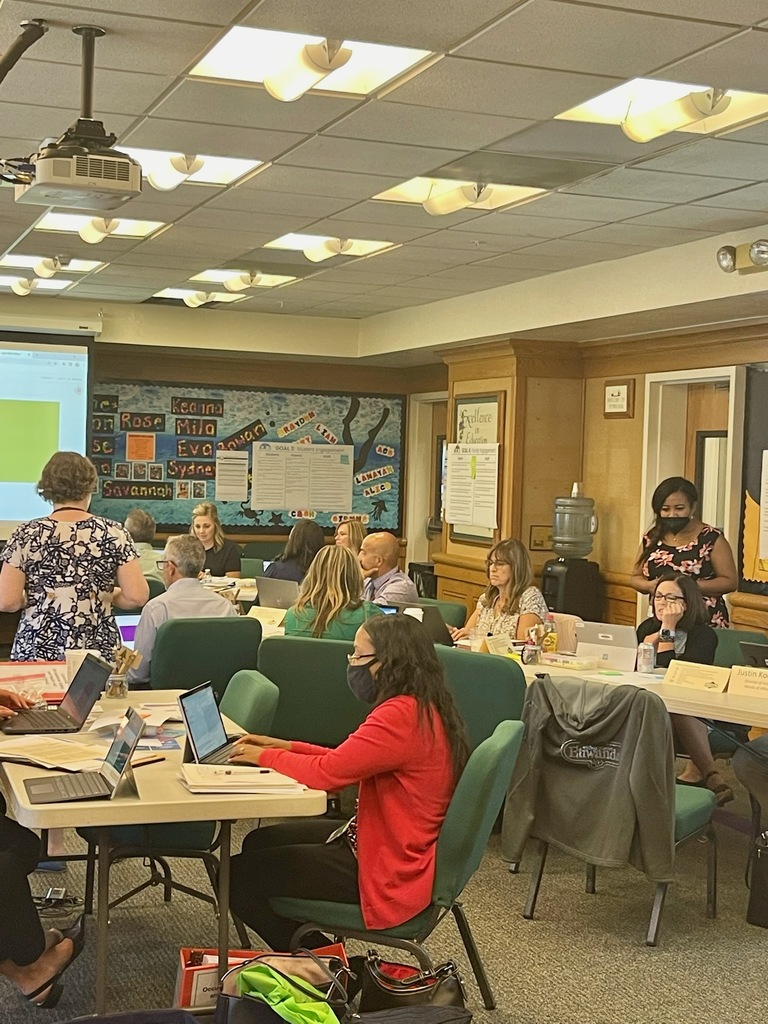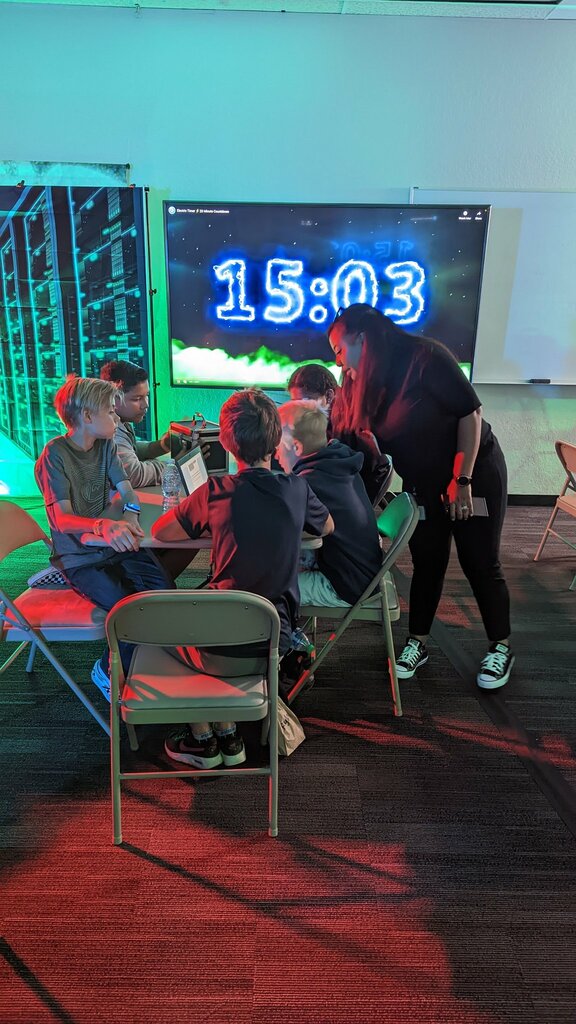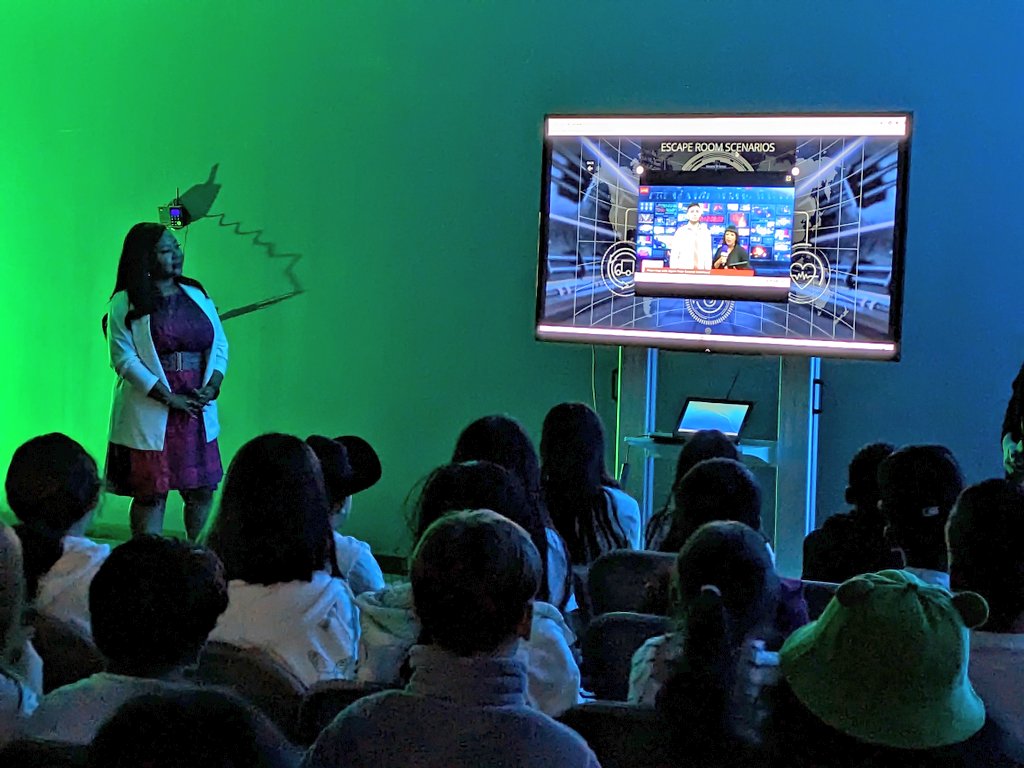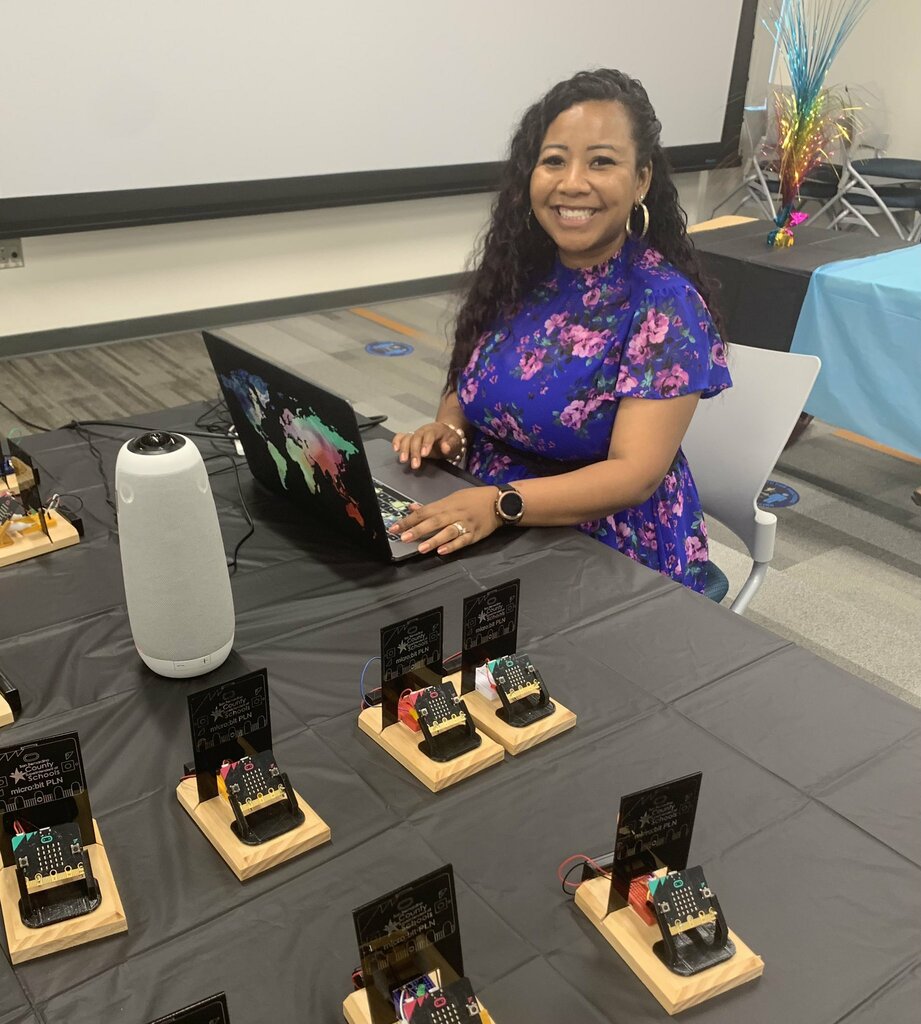
From serving as a classroom educator to championing CS at the district and county level, Sharisa Chan brings a wealth of experience to her CS education advocacy. In her new role as Associate Director of Curriculum, Instruction, and Professional Development at UCLA’s Center X, she will continue to drive research around equity-minded professional development in CS education. Read on to learn more about her story – a journey of advocating for personalized models of CS education informed by her own experience of lacking CS education access growing up.
Prior to joining the team at UCLA, I served as a county administrator, a digital learning and computer science project specialist, a district Innovation and Learner Engagement teacher on special assignment, as well as a classroom educator and paraeducator over the past 20 years. The field of education is one that I am passionate about and work diligently to continue my growth and understanding. In addition to committing my time to education, I am also a wife and the proud mother of a beautiful little girl.
My computer science journey began with a class of first graders. As their teacher, I was invited to participate in Hour of Code. It was both the students’ and my first time exploring computer science through programming. We did it together and their excitement ignited mine as we worked through the Hour of Code activity. Because they enjoyed the experience so much, I wanted to learn more and programming became a part of our classroom routine. The group of 1st graders were my students again when they were in 3rd grade and they were ready to increase their knowledge and skills around computer science – as many of them requested to have time on programming platforms. The students' deep desire to learn more about programming was something that made me realize computer science really is for all and they were living breathing proof that students who are at the lower grade levels can engage in such learning successfully.
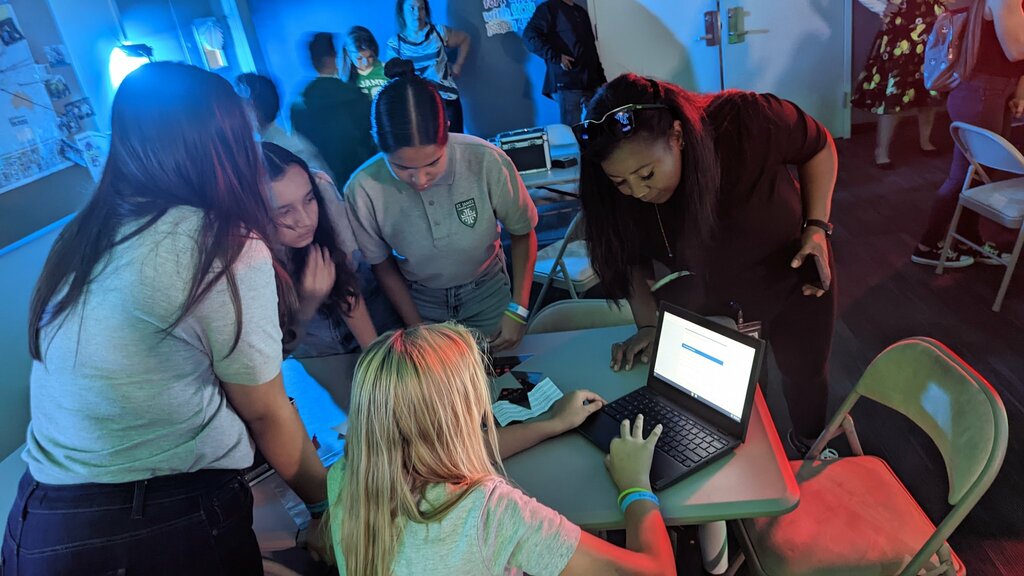
My involvement in CS education equity stems from my own personal experience of not having access or even knowing what computer science was as a K-12 student, as well as listening to students who would say that they are not able to do computer science because of their gender. While serving in Title I schools, I have learned that there is a lack of access and knowledge in computer science across the student and staff population. Computer science education is not something that many of the teachers I worked with knew about, as it was not a requirement – so asking them to implement it often felt to them like an undue burden. I was inspired to incorporate CS within my practice because I wanted my students to feel in touch with this potentially daunting subject — in spite of the fact that very few role models in the field look like them. My new reality pushed me to consider ways to integrate computer science in a way that was meaningful and relevant to my students and the things that were important to them. Once I started integrating computer science into my students’ learning, students engaged and attended class more, and the students were capable of programming physical computing devices that acted as supplements to their learning. Knowing firsthand that it works and that all students are capable of learning computer science if they are met wherever they are in their journey inspires me to remain involved in CS education equity.
One CS equity initiative that I am involved in and am championing is Equity Minded Instruction in Computer Science (EMICS). This particular initiative is a part of the Seasons of CS: Summer of CS sessions and allows educators to engage in activities and learning centered around navigating equity-focused computer science integration into their classroom practices. Because of this project, educators have been able to enhance their practices around the area of equity-driven integrated computer science experiences. The participants who engaged in the initial sessions during the Summer of CS workshop are now the members of a community of practice. They gather quarterly during a 4-day (1.5 hour/day) workshop to share equitable CS implementation ideas and experiences with one another over the course of the school year — all while spending time deep diving into CS education strategies and skills that are relevant to the students they are working with.
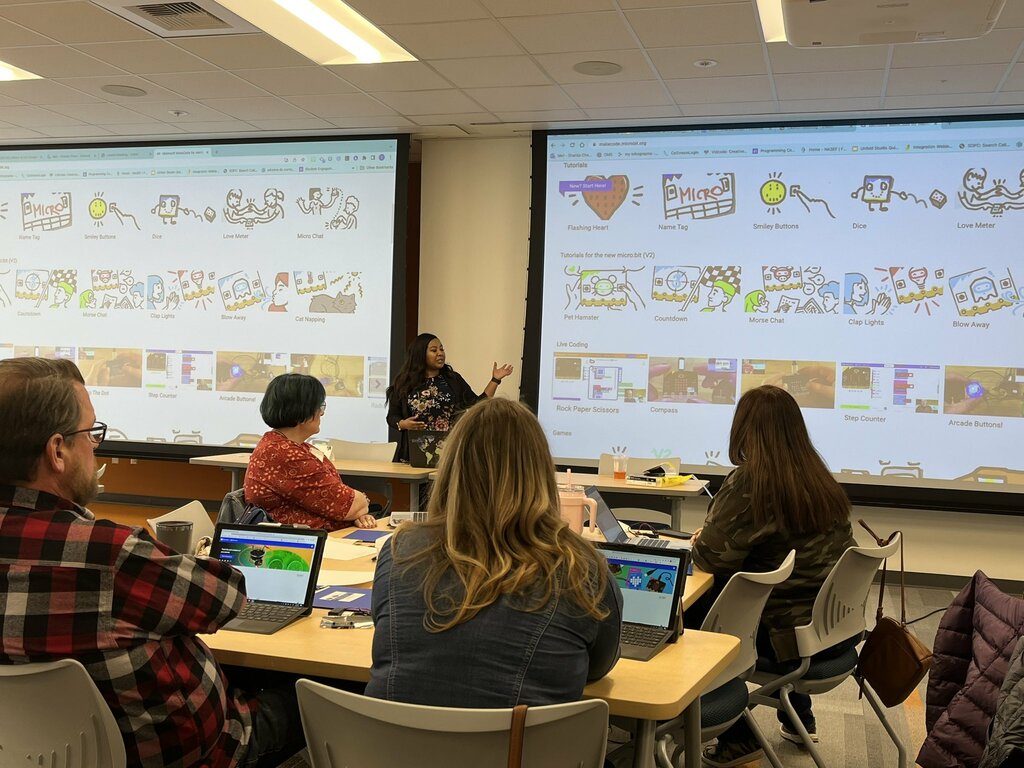
The greatest challenge I have encountered in promoting CS equity is normalizing the much-needed uncomfortable conversations around equity and what it means – especially when considering how to engage students in meaningful and equitable CS education experiences. When considering equity, I think about the importance of seeing each individual person as a whole person who comes in with whatever they have – keeping in mind that each person has different lived experiences, abilities, culture, home, and community life that all play a role in who they are and what drives them. This challenge is ongoing and differs from person to person. However, I have learned that the more we listen and try to see through a lens of empathy and grace, the more our mindsets can shift and the more we understand one another.
One of the biggest barriers I see when it comes to achieving true equity in CS education is making it personalized – for both educators learning how to implement CS in their classes and the students who are engaging in lessons. Personalized CS education allows teachers to give students autonomy in what they are learning, while working with the students on skills that they need to build. One example of this within my own practice was allowing students to use computer science to showcase their understanding of a topic like the Gold Rush. Not only were they able to use physical computing to connect to a history concept, they were also able to use math skills to plot points on a map for their robot to travel, make connections to literature, and explain their reasoning. Students were excited to showcase their comprehension of multidisciplinary skills through something they found fun, interesting, relevant, and a product to call their own.
Additionally, the level of CS education access in all classes, schools, and districts differs, and not all students are given the opportunity to be introduced to computer science. I advocate for change by sharing my firsthand lived experiences and strategies as a learner and educator who has seen equitable computer science opportunities enhance my own students' educational experience and narrative. In addition to sharing my experiences and strategies, I advocate for change by working with other individuals who have a passion for increasing equity in computer science across the state and beyond.
I hope that all students from kindergarten (and earlier if possible) through high school will have the opportunity to learn about computer science in a way that is meaningful and culturally relevant to them. Witnessing the growth and seeing the interests of our young scholars sparked is inspiring, especially when their educational partners fully support them in their journeys. Whether or not the students are learning computer science through math, reading, social studies, art, or even sports, I hope they see the connections and find their learning even more engaging!

